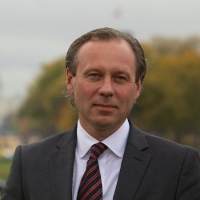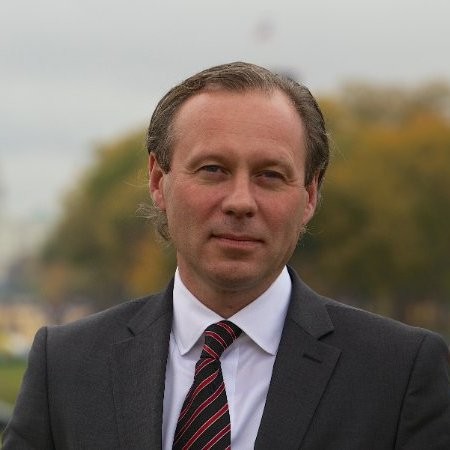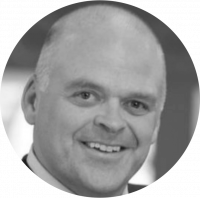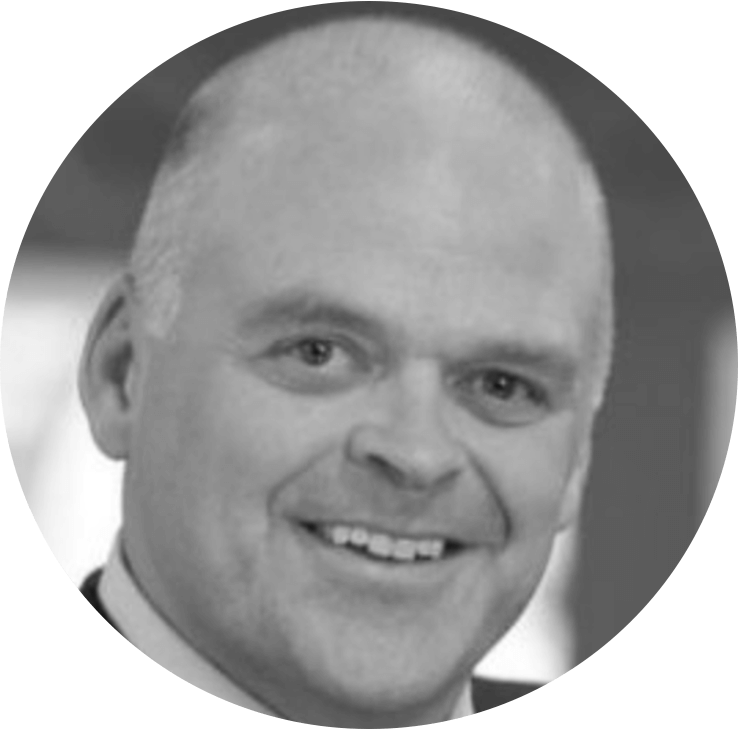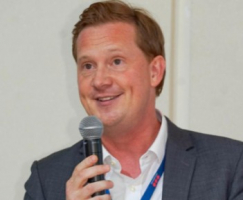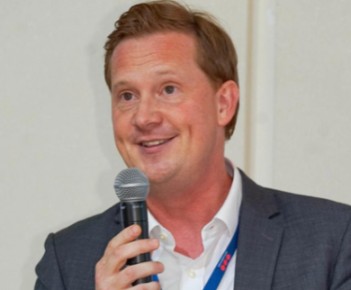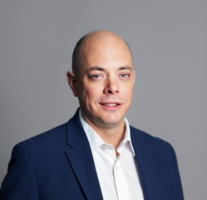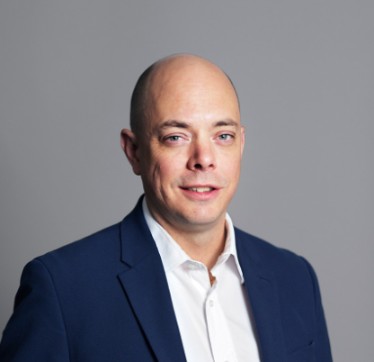Could you please share your journey with Saab Inc, including key milestones and experiences, and also tell us about your path to the USA and how it eventually led you to your role at Saab Inc? It's all interconnected. Actually, this year marks my 40th anniversary at Saab. It was my first job after military service. I was a newly graduated engineer and joined Saab in Linköping on the Aerospace side, and I've remained with the company ever since. Then, 12 years ago, I found myself in the U.S., starting a growth journey for Saab in the US. Over these years, I've held various roles at Saab. The initial decade was closely tied to engineering, particularly flight-test engineering. Later, I transitioned to customer support within the engineering domain. However, a significant milestone occurred around 1994. Just before that, I was selected as a candidate for a long-term management program, even though I never saw myself as a manager. I completed the fifteen-month training program while also being offered a completely different management role compared to my earlier, smaller management position. I believe this was a turning point because it set my career on a different path. I subsequently led an intriguing organization focused on commercial airplanes, overseeing all the disciplines associated with Avionic systems. This included development engineering, flight-test engineering, purchasing, quality assurance, support, production engineering, and more. Managing such a diverse range of disciplines was quite unusual, but I embraced the challenge and enjoyed the powerful role that allowed me to make important decisions. This was a major milestone.
The second milestone came a couple of years later when I was appointed President of the company. It was a very different kind of organization compared to when I first joined in 1983, especially by 2003. It was undoubtedly another significant milestone for me. It was during this time that I realized that things weren't always as straightforward as they seemed; they were often much more complicated. Afterward, I moved through various management positions within Saab at higher executive levels. I served as deputy head of Saab’s Support and Services Business Area, which had about 2000 employees and a turnover of four billion Swedish kronor.
Around this time, I was asked if I would consider relocating to the U.S. to contribute to the business's growth there. I believe one reason for this inquiry was the success of our commercial aircraft in the U.S. Many people may not be aware, but we had a substantial presence in the U.S. with the Saab 340 aircraft, all operated by major airlines. I had been closely involved with this operation, serving as the President of the U.S. organization remotely from Sweden. I frequently traveled to the U.S., becoming accustomed to the U.S. business climate and how organizations and employees functioned. However, my knowledge of the defense market, which is our primary focus now, was limited. Nevertheless, I received the offer, and initially, we planned to be in the U.S. for two years. However, those two years extended and extended, and I eventually became the head of what was then known as SAAB North America, covering both Canada and the U.S. I held this position for several years, but eventually, I reached the limit of my work visa, which had a seven-year duration. So, I engaged in discussions with the company, and my family and I decided that we wanted to continue living in the U.S. Our lives had become deeply rooted here, so we applied for green cards and eventually obtained them.
I had always wanted to live abroad for a few years to immerse myself in a different culture. At the top of my list was the U.S. because I had thoroughly enjoyed my time here. I find the business climate in the U.S. to be fantastic—open and conducive to forming partnerships and exploring opportunities. It's a much more dynamic and open environment compared to Europe.
You are currently engaged with the Swedish-American Chamber of Commerce in Washington, D.C. Could you share the story of how you initially got involved with SACC-DC? So, initially, we had a small organization here and began to grow. I was essentially told that now, in your role in Washington D.C., you should engage with the Swedish-American Chamber of Commerce in Washington D.C. So, I started attending their meetings. I believe it was my predecessors who had actively worked with the chamber and recommended that we continue doing so. Consequently, I began attending meetings and became increasingly involved. A couple of years later, I assumed the role of chairman for SACC-USA.
SACC-DC is recognized for helping create business connections and chances between Sweden and the United States. It would be interesting to know how your involvement with the chamber adds value to Saab? As I mentioned earlier, Saab Inc. is relatively well established here in the U.S., so by now, we are well-acquainted with Washington D.C. However, in the early years, it was invaluable to learn from other Swedish companies that had established themselves in the U.S. through the SACC network. It allowed us to understand the DC network and how it operates, which I believe was the most significant benefit. Another aspect that has always been essential for Saab Inc. is working closely with the embassy, which we do. Nevertheless, the chamber often hosts events that have proven highly valuable for us during important gatherings and meetings.
Eight fast questions - Thanksgiving or Midsummer - Midsummer
- Soccer or American Football – American Football
- Swedish Fika or American Brunch – Swedish Fika
- Summer Holiday or Winter Holiday – Summer holiday
- Morning person or Night Owl – Night owl
- Wings or Meatballs – Meatballs
- Pecan Pie or Jordgubbstårta (Strawberry cake) - Jordgubbstårta (Strawberry cake)
- Sweden or U.S - The best of both.


